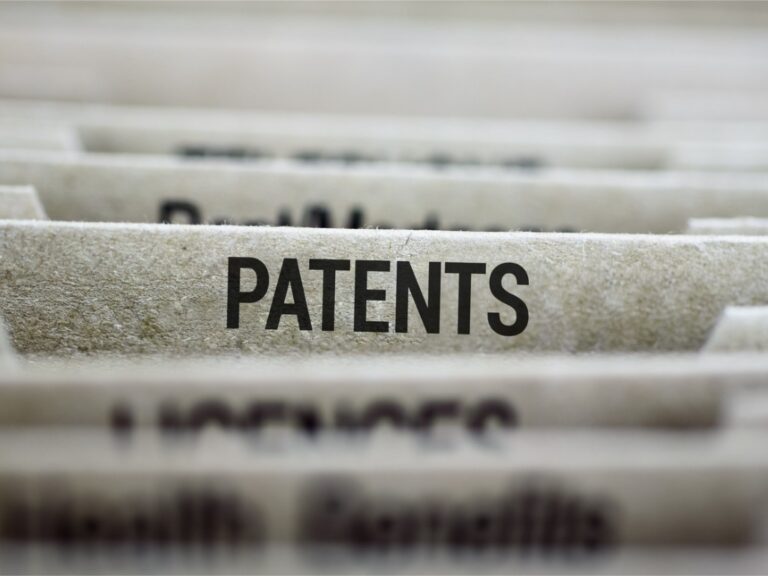Federal Circuit Upholds Discretionary Standard for Enhanced Damages
April 9, 2025

The US Court of Appeals for the Federal Circuit upheld a district court’s decision regarding enhanced damages and prejudgment interest in the case of Halo Electronics, Inc. v. Pulse Electronics, Inc., as reported by Taylor McDonald for IP Update.
The Federal Circuit affirmed that the district court correctly applied the Supreme Court’s Halo test, determining that enhanced damages were not warranted and that limited prejudgment interest was appropriately awarded.
The decision reaffirms the discretionary nature of enhanced damages and clarifies the standard for prejudgment interest in patent infringement cases.
This case stems from a 2013 jury finding that Pulse had willfully infringed Halo’s patent, leading to a $1.5 million damage award. Despite this verdict, the district court initially denied Halo’s request for enhanced damages.
Halo appealed, leading to a Supreme Court decision in 2016 that modified the standard for enhanced damages. Halo had earlier sought supplemental damages and interest, which the district court granted.
However, in 2017, the district court reaffirmed its denial of enhanced damages and attorneys’ fees under the new standard. A clerical oversight resulted in the case being closed without a final ruling on prejudgment interest.
When Halo later sought additional damages based on the Supreme Court’s decision in WesternGeco v. ION Geophysical, the district court denied the request but granted limited prejudgment interest.
On appeal, Halo argued that enhanced damages were warranted due to the jury’s willfulness finding, and that a new trial should have been granted for foreign damages. Pulse countered that Halo’s claims for prejudgment interest were barred by procedural rules.
The Federal Circuit rejected both of Halo’s arguments, emphasizing the discretionary nature of enhanced damages and finding no abuse of discretion in the district court’s handling of prejudgment interest.
Practitioners should note the importance of timely raising procedural and substantive claims, as delays can limit available remedies. The decision also reinforces the distinction between willfulness and enhanced damages, emphasizing that willfulness alone does not justify an increased award.
Critical intelligence for general counsel
Stay on top of the latest news, solutions and best practices by reading Daily Updates from Today's General Counsel.
Daily Updates
Sign up for our free daily newsletter for the latest news and business legal developments.



